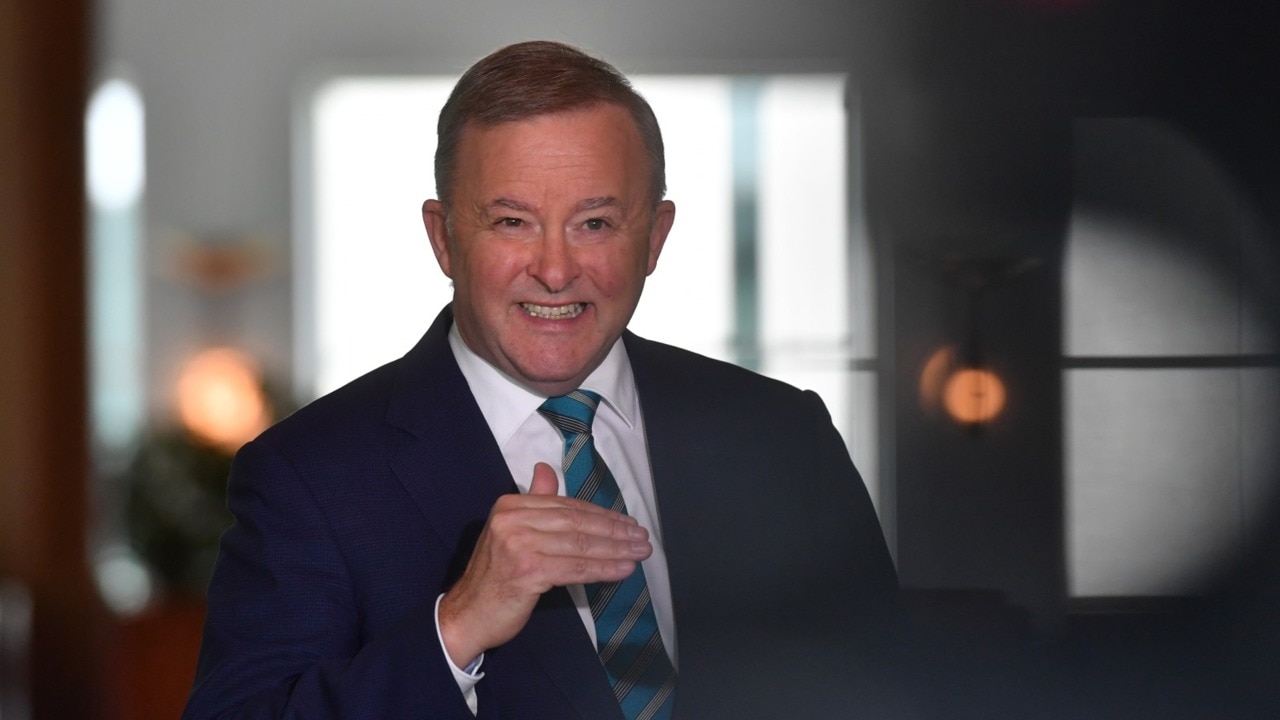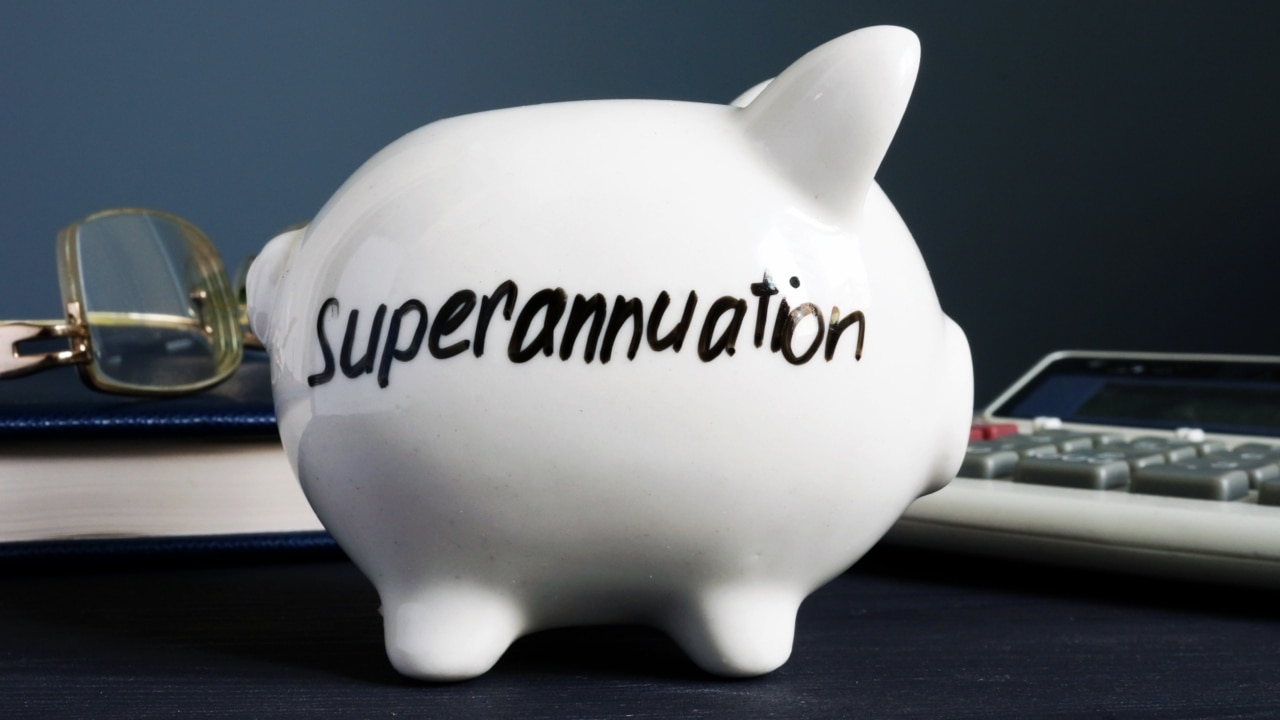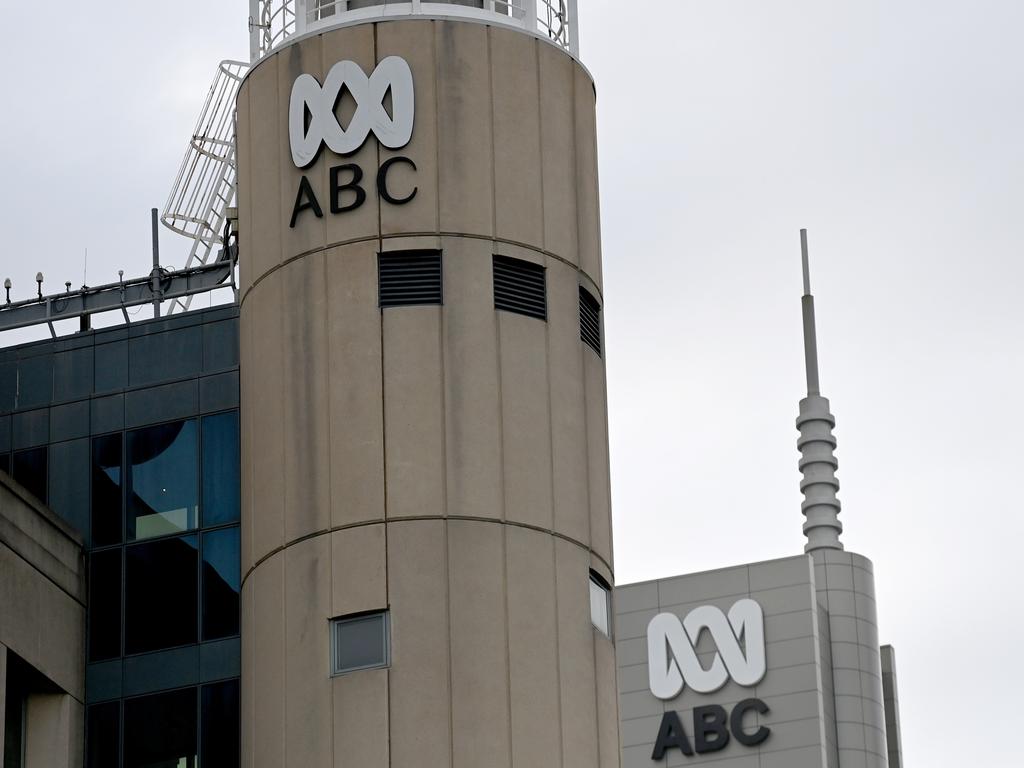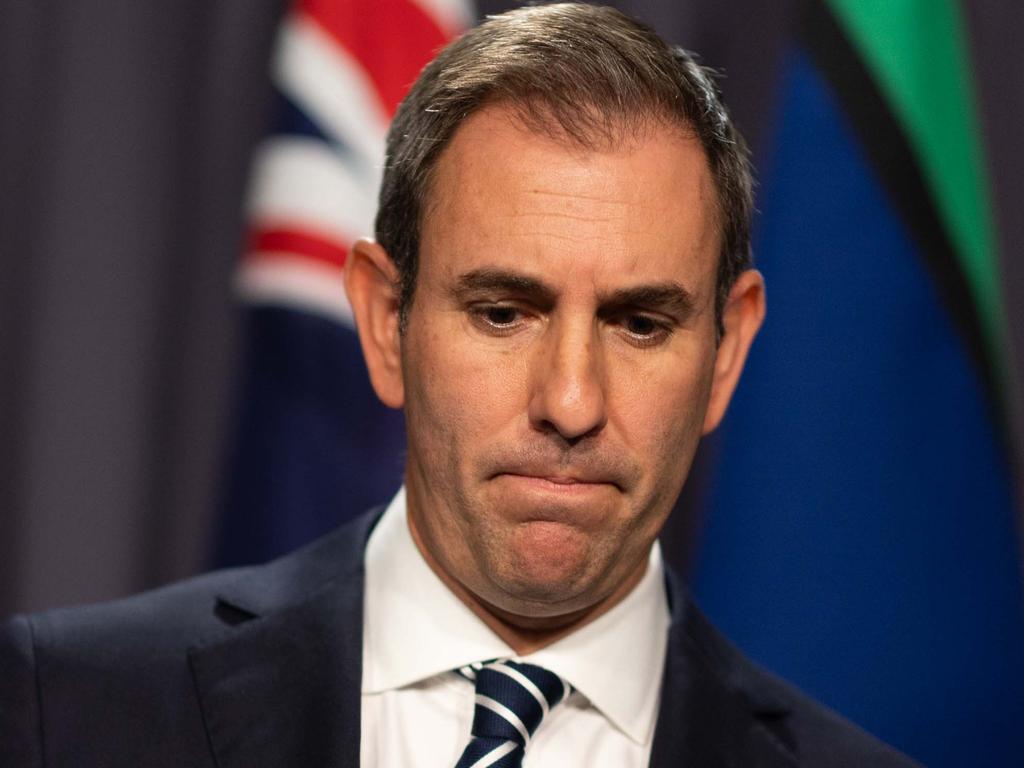
But for those whose money is trapped in super balances above $3m, usually because they are not old enough to withdraw a pension, it will be a most unpleasant experience.
As time goes on, more and more people will hit the non-indexed $3m tax trigger before they can withdraw, so longer term the Albanese-Chalmers tax will force savers elsewhere.
The parliament set super laws, and Anthony Albanese promised at the last election he would not change those laws.
Instead, he has turned super on its head and impacted not just people with large super balances, but set a precedent that will gradually become a tax norm – the taxation of unrealised gains.
In essence, those with super balances below $3m will be taxed at a rate of 15 per cent on income and 10 per cent on realised capital gains.
But for the income above $3m there will be a 15 per cent tax levied on both realised and unrealised capital gains after June 30, 2025, plus any other income.
There will be no capital gains discount. The liability can be paid by the individual beneficiary or the fund itself.
For those that can extract money from their super fund because they are in pension mode, they may transfer assets.
But in many cases, because of the age of the beneficiary, money can't be withdrawn, so the beneficiary must pay the tax themselves or the fund the tax from liquid assets or selling assets.
This will impact the sharemarket, particularly small companies, plus parts of the property market. In both markets, there is current turmoil created by interest rates and the availability of credit.
Many funds have illiquid assets that are not easy to divide and will require a full sale.
The one standard rule of taxation in Australia is that if you don’t sell an asset, you don’t pay tax on it.

On balances above $3m after June 2025 Jim Chalmers not only taxes people on their unrealised capital gains, but if their asset falls, there’s no refund.
They must offset the loss against future gains. In conventional super and other areas of tax there is a discount for capital gains, which does not exist in the Albanese-Chalmers tax.
Is this tax part of a master plan? I suspect not. More likely, it was invented by a series of quick decisions that were not thought through.
With the help of political insiders, let me paint a possible scenario of how a new set of precedents setting super taxes are likely to have been created.
The speculation whether the cap should be $5m or $3m was causing instability in the government, so a decision had to be made.
It was decided, rather than a cap, there would simply be a higher tax rate on balances above $3m. Sitting around the cabinet were a series of people whose background was union officialdom and government service. Most did not understand the ramifications of what they decided.
On the surface it looked simple. There would be a doubling of existing super taxes on balances over $3m.

Not many people would be impacted. Then they were alerted to a problem, Australians with self-managed funds often also hold industry and retail fund units and many Australians have more than one fund.
The super funds simply don’t have the systems that can determine the combined total balances in super, let alone apply different tax rates.
But then a solution suddenly emerged. The tax office has the data on gross super balances and would be able to administer the process.
But the tax office material is based on market values at balance date, so it was decided the tax could be levied annually on these figures. But that involved taxing super balance on the basis of both realised and unrealised gains. That was a new tax without precedent.
No one wants to invest in a self-managed fund where unrealised gains are taxed as income on balances of more than $3m.
And the 10 per cent capital gains tax applied on balances under $3m would not apply on balances above $3m.
Who wants to own property or shares where unrealised capital gains are taxed each year?
Many family funds with balances over $3m have invested in property that is an integral part of the business being run by the family.

There will be family members in the fund who are too young to draw a pension, and the property is very difficult to divide.
A decision will have to be made as to whether to sell the property or simply pay tax on unrealised gains after June 30, 2025.
When governments enact retrospective legislation, it nearly always creates very unfair situations.
One of those situations is the problem of defined benefit finds, which is highlighted in The Australian this week.
I don't think Albanese compared his own personal situation with the pain he was inflicting on retirees.
He is entitled to a pension, but it’s worth more than $10m, which is a long way about the cap of $3m. He will have to live with that incredible disparity.








The new tax on superannuation balances above $3m is brutal, and all those who can withdraw money to reduce their balance below that amount will do so.